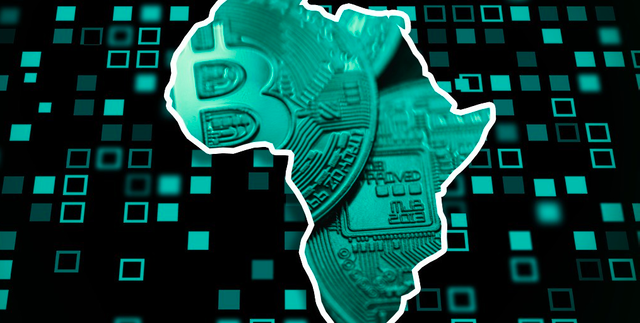Ghana Among Top African Nations With 90% Crypto Transaction Pass Rate
Ghana ranks among the leading African nations with a crypto transaction pass rate exceeding 90%, according to the latest Sumsub State of the Crypto Industry 2025 Report.
The country joins Namibia, Kenya, Algeria, Morocco, Uganda, South Africa, and Tunisia in achieving high verification success rates, while Tanzania and Nigeria lag behind.
The pass rate, a key metric for crypto platforms, reflects the percentage of users who successfully complete verification processes, a critical step in ensuring compliance and mitigating fraud risks.
Nigeria Leads in Crypto Fraud, Ghana Reports 3.5% Rate
While Ghana maintains a robust verification framework, it recorded a fraud rate of 3.5%, positioning it mid-tier in the region. Nigeria, by contrast, registered the highest fraud rate globally at 8.3%, underscoring concerns about illicit financial activity within Africa’s largest crypto market.
Elsewhere in the region, Uganda, Kenya, and Tanzania reported fraud rates of 4.8%, followed by Cameroon (4.5%), Ethiopia (3.7%), Algeria and Benin (2.6%), and Morocco (2.1%). Document forgery remains the most prevalent form of fraud, affecting 31% of surveyed firms, followed by phishing (20%) and money laundering (15%).
Ghana Among Fastest in Verification Speed
Ghana also ranks among the continent’s fastest jurisdictions for crypto verification, with processing times averaging 20 seconds or less, alongside South Africa, Algeria, and Morocco. Kenya, however, trails at 29 seconds, despite leading the region in document-free verification speeds at just 4 seconds, second only to Nigeria’s 3-second average.
Surging Crypto Fraud as Global Regulations Tighten
The report highlights a 48% year-on-year increase in fraud across the global crypto industry, with document forgery accounting for nearly a third of all illicit activity.
It also identifies 2024 as a year of rapid expansion for crypto exchanges, with trading platforms experiencing a 20% surge in traffic during major market events, including Bitcoin’s price rallies and the re-election of Donald Trump in the U.S.
With regulatory scrutiny intensifying, 60% of crypto firms anticipate stricter compliance requirements, particularly in relation to the Travel Rule (FATF Recommendation 16), which mandates crypto platforms to exchange sender and recipient information. However, only 29% of firms are currently compliant, with unclear regulatory frameworks cited as a key challenge.
Regulatory Pressures in Africa
Crypto regulations are tightening across Africa, with South Africa set to enforce the Travel Rule for Crypto Asset Service Providers (CASPs) from April 2025, as part of broader anti-money laundering measures.
Meanwhile, Africa leads in the adoption of document-free verification methods, with 27% of firms integrating such technologies, exceeding the global average of 19%.
Crypto at an Inflection Point
The study highlights the evolving regulatory landscape, with Europe’s Markets in Crypto-Assets (MiCA) framework setting new compliance benchmarks. However, with the Trump administration signalling a pro-crypto stance, the U.S. could reposition itself as the dominant global crypto hub, potentially challenging European leadership in digital asset regulation.
“Africa’s rapid adoption of crypto presents unique challenges, but we expect continued growth in demand and user expectations,” said Hannes Bezuidenhout, VP of Business Development – Africa at Sumsub.
As African crypto markets expand, industry players are being urged to invest in AI-driven fraud detection, enhance security protocols, and ensure regulatory compliance to mitigate risks and avoid penalties.








